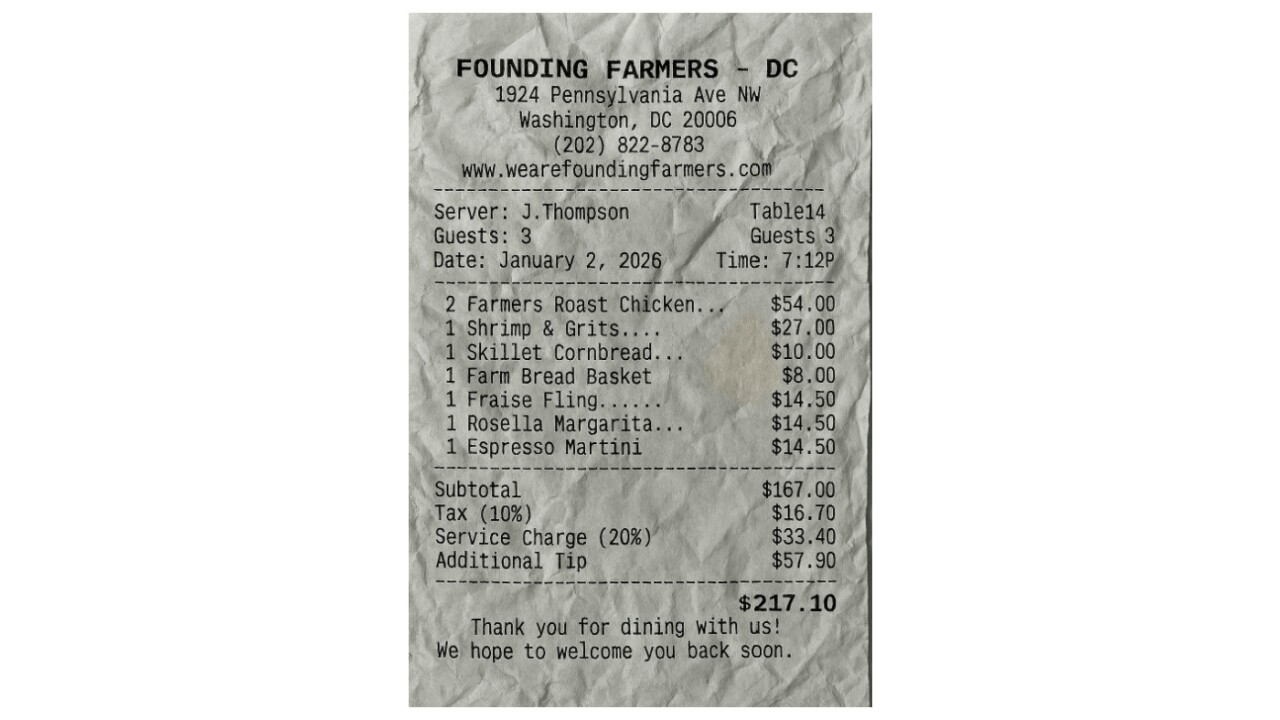-
The House Financial Services Committee votes Wednesday on a bill that would help banks avoid a rash of frivolous lawsuits over ATM fees. The following day, the Supreme Court is expected to issue a ruling that could have a similar effect as the legislation.
June 26 -
The Consumer Financial Protection Bureau has vowed to protect privileged information collected during the supervision process, but banks are nervous that might not be enough.
February 3
WASHINGTON — Republican Sen. Jim DeMint, a staunch opponent of the Dodd-Frank Act, is holding up two measures that the banking industry considers top priorities in an effort to force a symbolic vote on repealing the 2010 law.
The two measures have already passed the House, and they were recently combined into one
Earlier this month, Republican Sen. Bob Corker
Industry lobbyists were hopeful that DeMint, who has a reputation for routinely holding up legislation, would follow Corker's lead and allow the bills to go forward. But so far that has not happened.
In exchange for lifting his hold, DeMint, R-S.C., wants a separate vote on whether to repeal Dodd-Frank.
"Dodd-Frank has formalized big financial institutions as unaccountable wards of the government, and its barrage of new and needless rules continues to suffocate our economic recovery," DeMint spokesman Wesley Denton said Monday in a statement
"It can't be fixed one piece at a time. We need to repeal Dodd-Frank to stop the harm it's doing to our economy."
It seems highly improbable that Senate Majority Leader Harry Reid, D-Nev., will cave in to DeMint's demand, despite the fact that Senate Democrats have enough votes to uphold Dodd-Frank.
The two smaller bills have nearly unanimous bipartisan support, so it would make little sense for Senate Democrats to give in to a Republican demand in order to assure the bills' passage.
The Senate could also get around DeMint's hold with a vote of 60 senators. But that would require a significant amount of the Senate's time, which also seems unlikely, given the narrow scope of the two bills that are being held up.
As a result, banking lobbyists are now hoping that DeMint will back down in the face of pressure from small banks in South Carolina that could benefit from the ATM bill.
The ATM measure is a response to a flurry of lawsuits over missing fee-disclosure signs. Industry representatives assert that the suits are often filed by people who have actually removed the placards, and note that if the law is changed, ATM users will still need to accept an onscreen notification of any fees being charged.
The CFPB bill is meant to fix what is widely seen as a drafting error in Dodd-Frank. When banks turn over information to other banking agencies, federal law makes clear that they are not waiving attorney-client privilege. But that is not is not true of the consumer agency.
The CFPB has addressed the banks' concerns in a
The combined Senate legislation has 16 co-sponsors: 10 Democrats and six Republicans.





